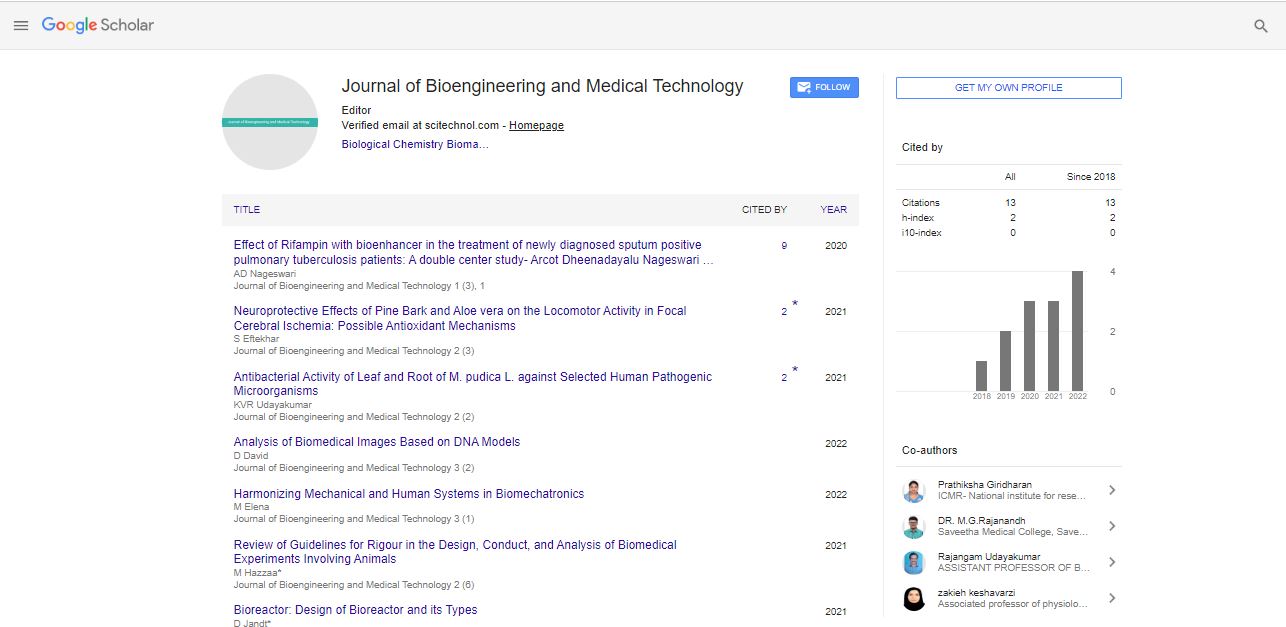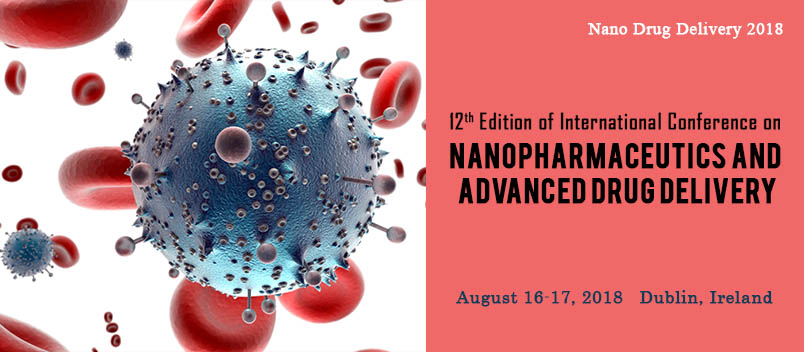Opinion Article, J Bioeng Med Technol Vol: 4 Issue: 1
Precision Medicine and the Quest to Target Cancer Stem Cells
Endalkachew S*
1Department of Medicine, Royal Brisbane Hospital, Queensland, Australia
*Corresponding Author: Endalkachew S
Department of Medicine, Royal
Brisbane Hospital, Queensland, Australia
E-mail: endalkachew5@gmail.com
Received date: 22 February, 2023, Manuscript No. JBMT-23-93288;
Editor assigned date: 27 February, 2023, Pre QC No. JBMT-23-93288(PQ);
Reviewed date: 14 March, 2023, QC No. JBMT-23-93288;
Revised date: 21 March, 2023, Manuscript No: JBMT-23-93288(R);
Published date: 28 March, 2023, DOI: 10.35248/jbmt.1000064
Citation: Endalkachew S (2023) Precision Medicine and the Quest to Target Cancer Stem Cells. J Bioeng Med Technol 4:1.
Description
Cancer Stem Cells (CSCs) are a unique subpopulation of cells within tumors that have the ability to self-renew and differentiate into multiple cell types. In this manuscript, we will discuss the biology of CSCs, their identification and isolation, and their role in cancer progression and treatment. Cancer is a complex disease that arises from the accumulation of genetic and epigenetic alterations in normal cells, leading to uncontrolled growth and proliferation. While traditional cancer treatments such as chemotherapy and radiation therapy target rapidly dividing cells, they often fail to eradicate the entire tumor, leading to relapse and metastasis. Recent research has identified a small population of cells within tumors that possess stem cell-like properties and are resistant to conventional therapies. CSCs share many properties with normal stem cells, including the ability to self-renew and differentiate into multiple cell types. They are thought to arise from normal stem cells or progenitor cells that acquire genetic mutations and epigenetic alterations that enable them to evade the normal regulatory mechanisms that control cell growth and differentiation. CSCs have been identified in a variety of solid tumors, including breast, colon, lung, and brain tumors, as well as in hematological malignancies.
CSCs are a rare subpopulation of cells within tumors, making their identification and isolation challenging. Several methods have been developed to identify and isolate CSCs, including the use of specific cell surface markers, functional assays, and single-cell sequencing. The most widely used method for CSC isolation is based on the expression of cell surface markers, such as CD133, CD44, and ALDH. Functional assays, such as the ability to form tumor spheres in vitro or to initiate tumors in vivo, are also used to identify CSCs. CSCs are thought to play a crucial role in tumor initiation, growth, and recurrence. They are resistant to conventional therapies such as chemotherapy and radiation therapy and may be responsible for treatment resistance and tumor recurrence. CSCs have also been implicated in the metastatic process, as they have the ability to migrate and invade surrounding tissues and establish secondary tumors in distant sites. Targeting CSCs represents a promising strategy for cancer treatment, as their elimination could potentially eradicate the entire tumor and prevent relapse and metastasis. Several approaches are being investigated to target CSCs, including the use of specific antibodies, small molecules, and immunotherapy. Cancer Stem Cells (CSCs) represent a new frontier in cancer research and therapy. These cells possess stem cell-like properties and are thought to play a crucial role in tumor initiation, growth, and recurrence. Their identification and isolation are challenging, but several methods have been developed to overcome these obstacles. CSCs are resistant to conventional therapies and may be responsible for treatment resistance and tumor recurrence. Targeting CSCs represents a strategy for cancer treatment, and several approaches are being investigated to eliminate these cells. By understanding the biology of CSCs and their role in cancer progression and treatment, researchers and clinicians can develop more effective therapies and improve patient outcomes.
 Spanish
Spanish  Chinese
Chinese  Russian
Russian  German
German  French
French  Japanese
Japanese  Portuguese
Portuguese  Hindi
Hindi 
